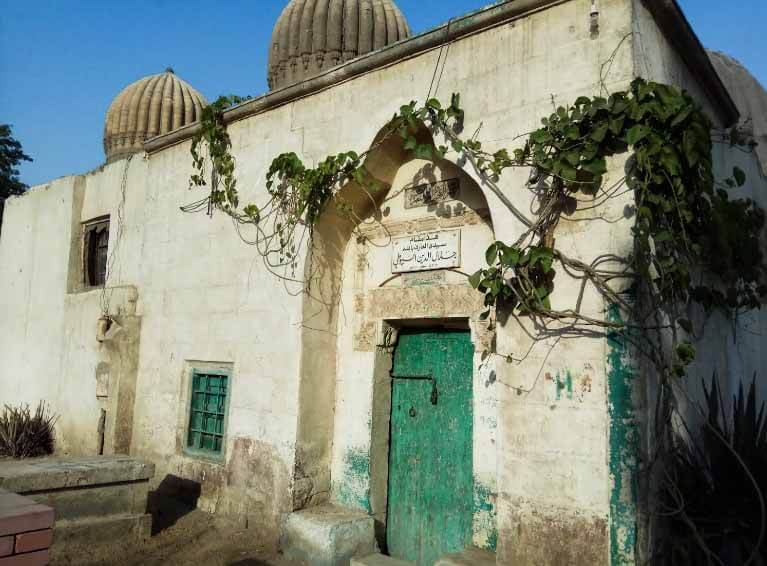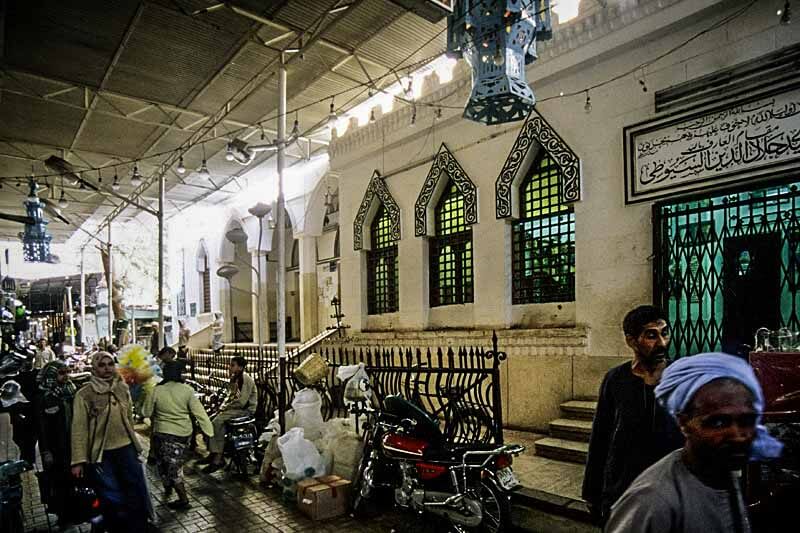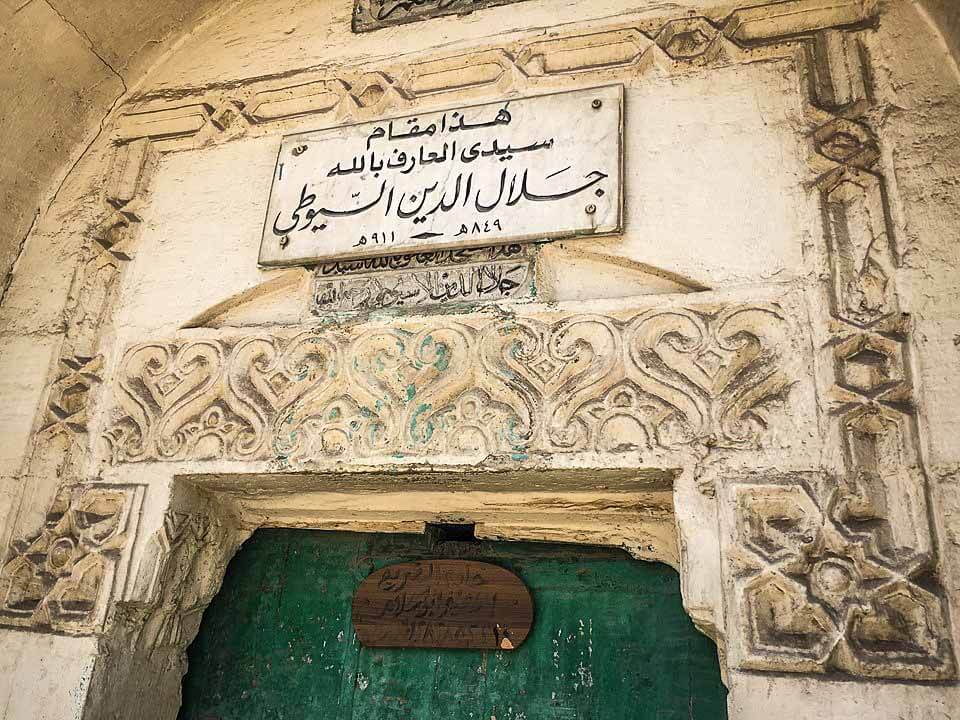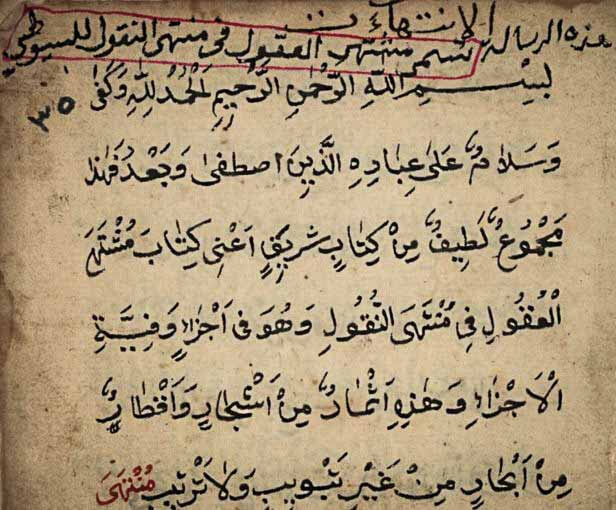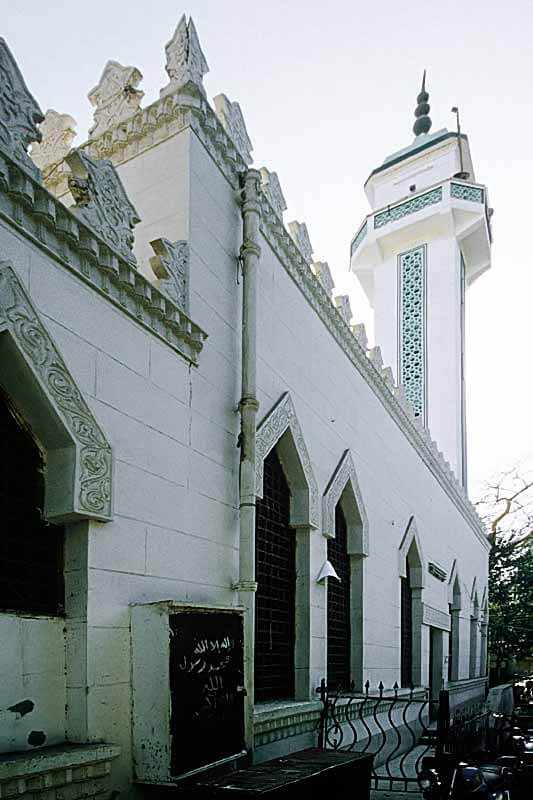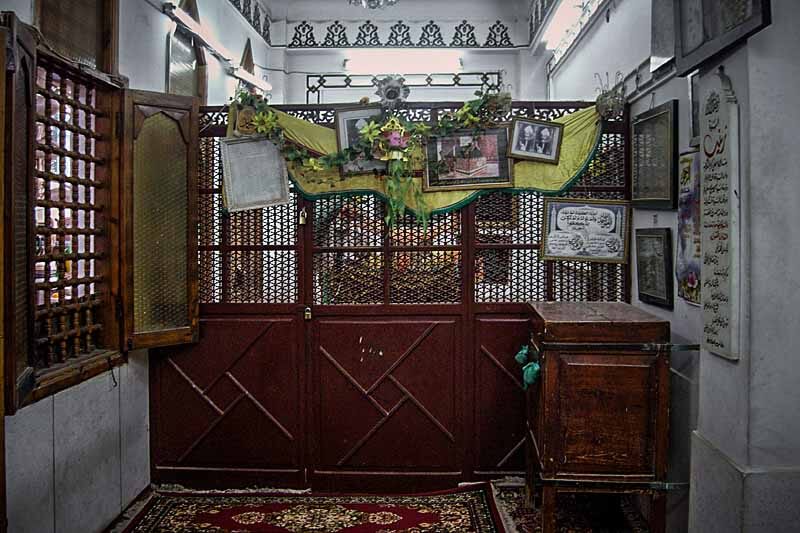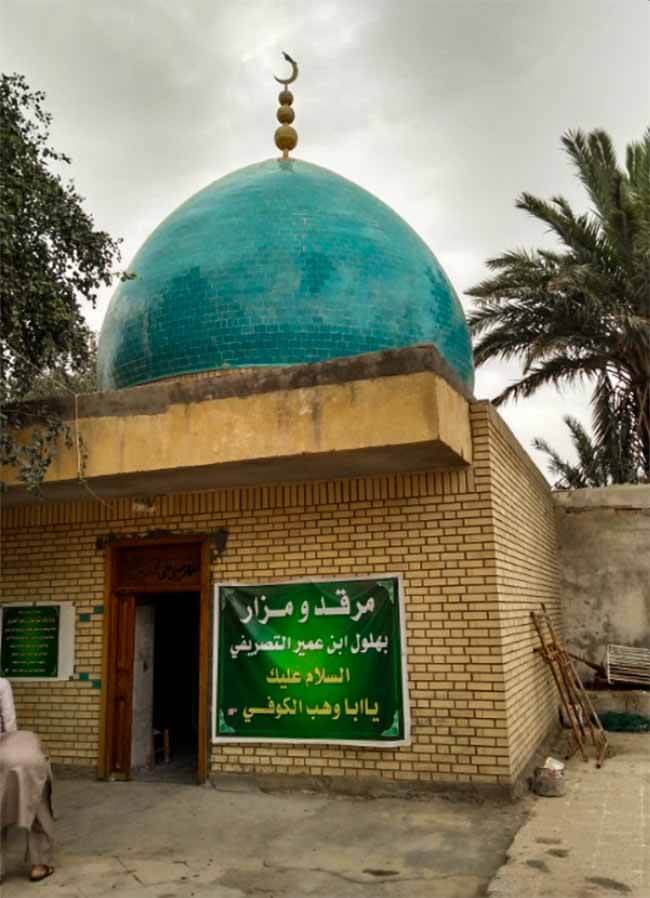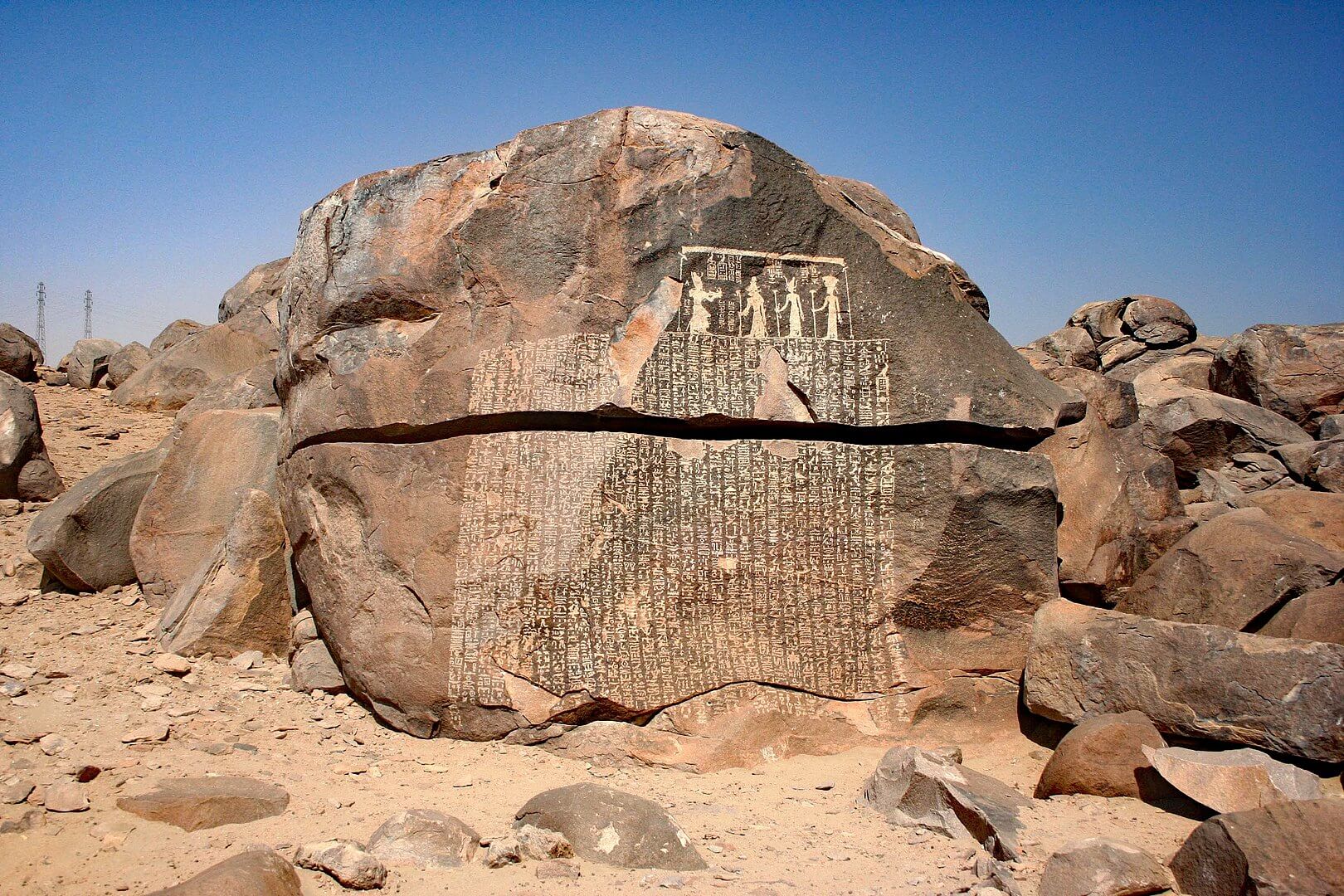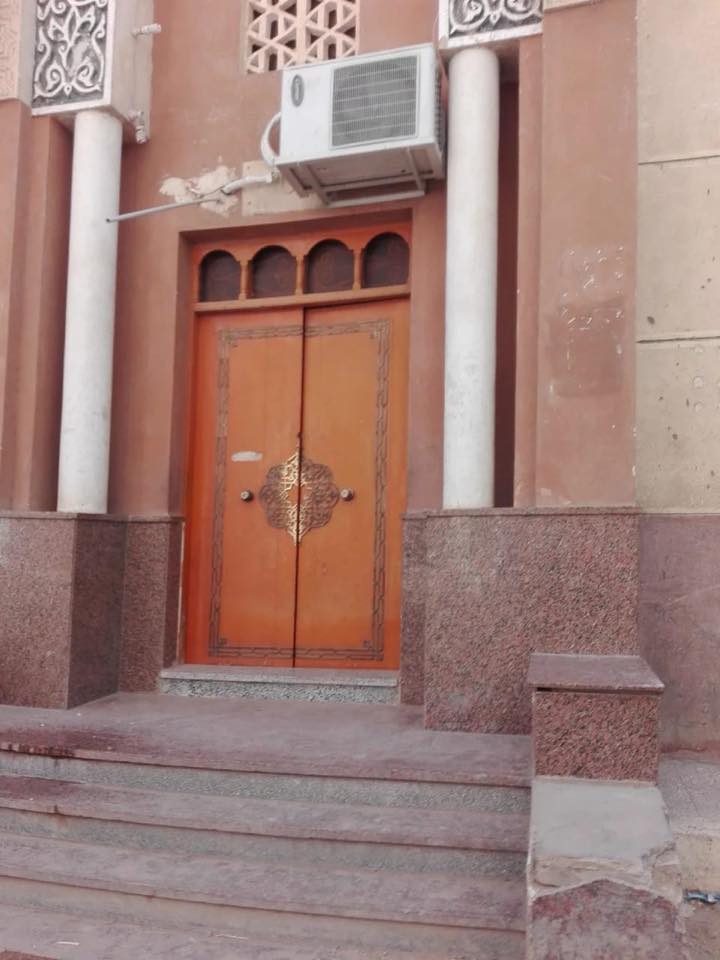Asyut, Egypt
Coordinates: 27.188196, 31.184256
Hz. Jalaluddin al-Suyuti رحمة الله عليه was an Egyptian scholar, historian and jurist. From a family of Persian origin, he was described as one of the most prolific writers of the Middle Ages.
He was appointed to a chair in the mosque of Baybars in Cairo in 1486, and was an authority of the Shafii school of thought (madhhab).
Life
Hz. Jalaluddin al-Suyuti’s رحمة الله عليه studies included: Shafi’i and Hanafi jurisprudence (fiqh), traditions (hadith), exegesis (tafsir), theology, history, rhetoric, philosophy, philology, arithmetic, timekeeping (miqat) and medicine.
He started teaching Shafi’i jurisprudence at the age of 18, at the same mosque as his father did. In 1486, Sultan Qaitbay appointed him shaykh at the Khanqah of Baybars II, a Sufi lodge. He was a Sufi of the Shadhili order.
Hz. Jalaluddin al-Suyuti رحمة الله عليه was named the mujaddid of the 9th century AH and he claimed to be a mujtahid. This caused friction with scholars and ruling officials, and after a quarrel over the finances of the Sufi lodge, he retreated to the island of Rawda in 1501. Al-Suyuti died on 18 October 1505.
Works
He continued to seek knowledge and was given permission to teach Arabic in the year 866 AH when he also produced his first book (Sharh Alistaatha walbasmala) in the same year.
But Jalaluddin al-Suyuti رحمة الله عليه was not satisfied with the knowledge he received in Egypt so he sojourned throughout the lands for knowledge.
The scholars after him studied his books diligently and schools and institutions that adopted his books are filled with his influential work.
Regarding his personal life, al-Suyuti was among the best in his dignity and generosity. He distanced himself from the places of power and glory never to be found near the door of a vizier or Ameer. He was content with his provision.
He wrote a book defending Ibn ‘Arabi رحمة الله عليه and called it: (Tanbeeh Alghabi fee tabri’ata Ibn ‘Arabi). From his unique book titles is (Al Ma’ani Aldaqeeqa fee Idrak Alhaqeeqa).
He passed in the year 911 AH and his Sheikh of Tasawuf was Al Sheikh Muhammad Al Maghrabi Al Shathuly.


